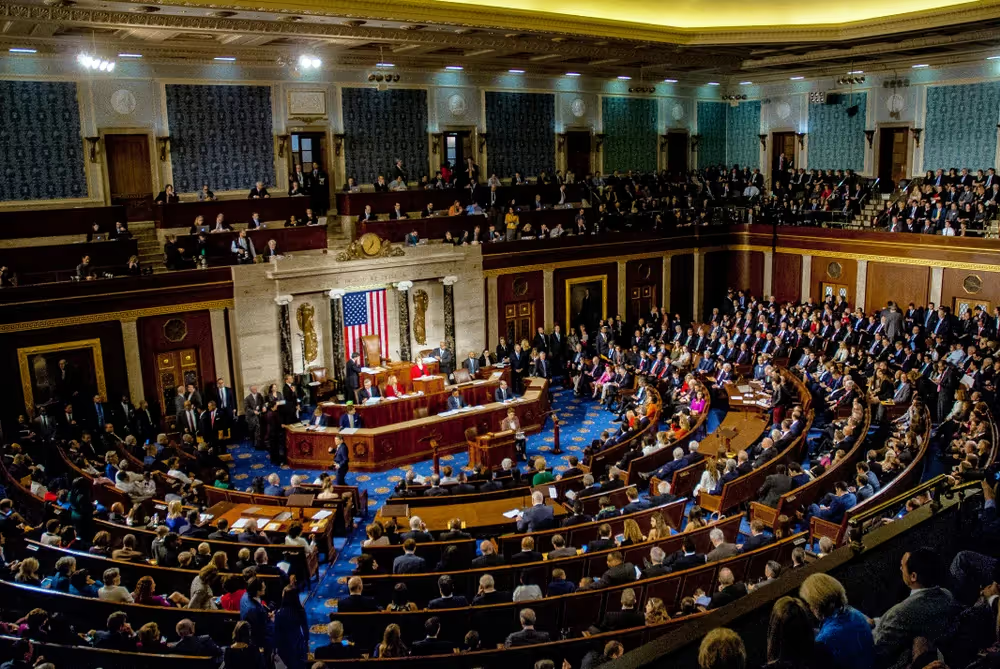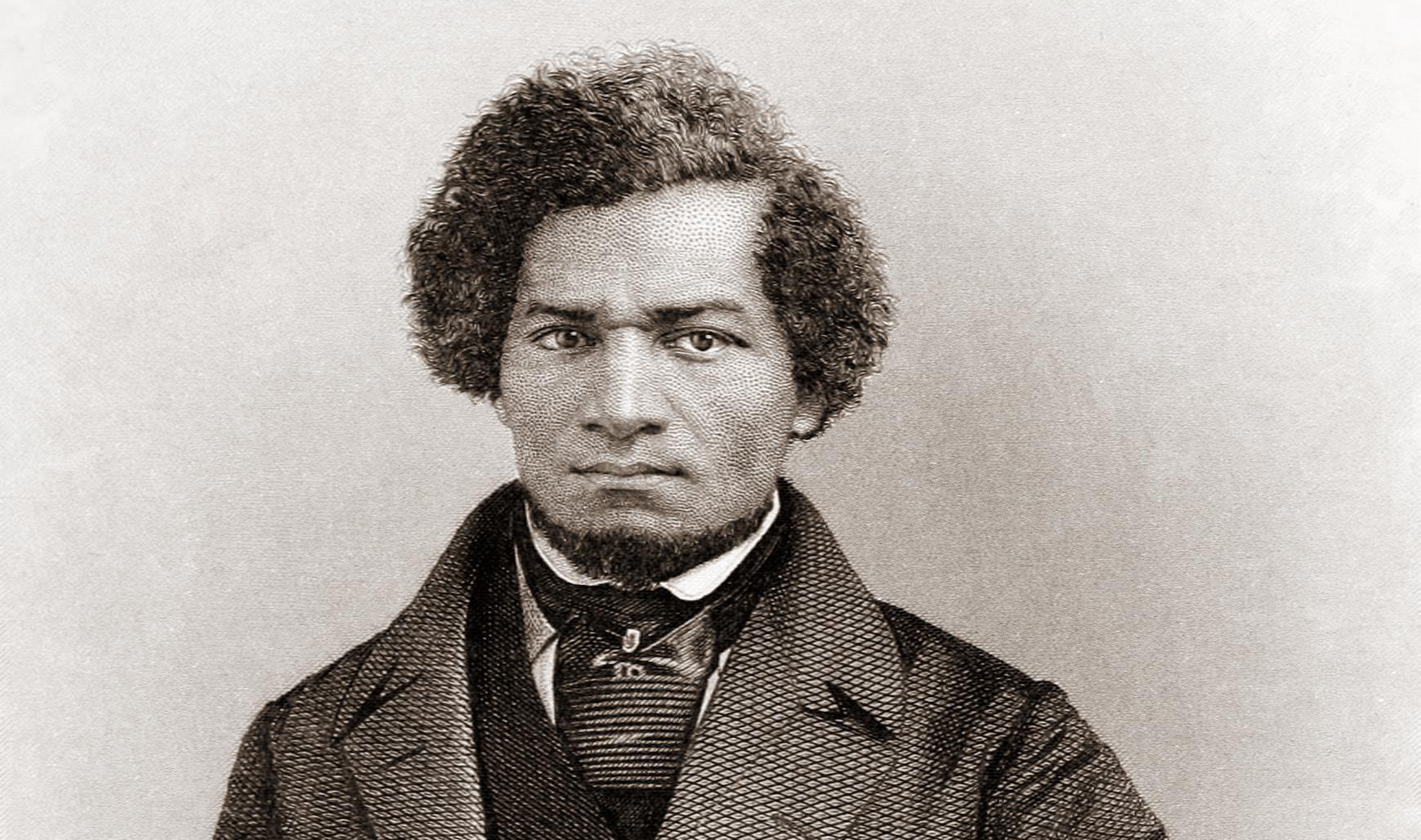
Trump Is Refighting The “War” That Congress and the Burger Court “Waged” Against President Nixon
Trump is attempting to tame the administrative state and is supported by a judiciary that is restoring the separation of powers.
Last week, the Supreme Court decided Department of State v. AIDS Vaccine Advocacy Coalition. In this case, the Trump Administration canceled $4 billion in foreign aid spending. Groups that were to receive this money sued the executive branch, arguing that the “rescission” violated the Impoundment Control Act of 1974 (ICA). The Supreme Court, by a 6-3 vote, found that these groups likely could not bring such a suit against the executive branch. Rather, the Court implied that such disputes should be resolved between Congress and the President.
In dissent, Justice Kagan charged that the majority misread the Nixon-era statute. But more importantly, Kagan faulted the conservatives for ignoring the context in which the Impoundment Control Act arose. She reminded everyone that the “ICA [was] enacted after Congress waged war with President Nixon over impoundments.” Kagan added that “Congress w[o]n its confrontation with the President.” It is unconventional for a Supreme Court opinion to describe Congress as waging a war and winning a confrontation with the president. Supreme Court Justices are not political commentators. Yet Kagan, perhaps unintentionally, identified the reason why so much of constitutional law went awry.
The epochs of constitutional law in the twentieth century are well known. During the so-called Lochner Era in the early twentieth century, the Court carefully scrutinized federal and state economic regulations. The New Deal Court reversed course and largely deferred to these laws. The Warren Court is well known for expanding civil and criminal rights, while reinforcing democratic processes. The Burger Court, if it is remembered at all, unleashed Roe v. Wade (1973) on our polity. But over the ensuing three years, the Burger Court decided three landmark cases that drastically and hastily transformed the structure of the federal government. All of these decisions resulted directly from the Watergate scandal. First, United States v. Nixon (1974) permitted a federal prosecutor to issue a subpoena to President Nixon to produce the Watergate Tapes. Second, Train v. City of New York (1975), found that President Nixon could not “impound,” or withhold certain funding. Third, Buckley v. Valeo (1976) largely upheld the Federal Election Campaign Act, as well as the Federal Election Commission that enforces the Act.
There is a fourth decision that bears mentioning. The Ethics in Government Act (1978) created the independent counsel statute as a means to prevent future Watergates. This provision empowered a prosecutor to investigate the executive branch with sweeping authority and broad independence. The Rehnquist Court upheld this statute in Morrison v. Olson (1988) over the vigorous and legendary dissent of Justice Antonin Scalia.
The Supreme Court has already taken steps to deconstruct many of these precedents. Citizens United v. FEC (2010), followed by McCutcheon v. FEC (2014), more or less rendered Buckley a nullity, as vast amounts of money can now indirectly flow to the political process. Both Republican and Democratic politicians have benefited from these rulings. Trump v. United States (2024) granted President Trump broad immunity from criminal prosecutions and scaled back the import of the Watergate Tapes case. Indeed, I have called on the Court to reconsider United States v. Nixon, which was an early manifestation of lawfare. And this term, the Supreme Court is poised to undermine Morrison by overruling Humphrey’s Executor v. FEC, a New Deal era precedent that upheld so-called “independent” agencies.
What about Train? I think the Supreme Court’s recent rulings concerning Trump’s spending cuts augur that the Train principle is not long for this world. The Court doesn’t have to declare the Impoundment Control Act unconstitutional. It will be enough to hold, as the Court’s emergency order suggests, that private parties cannot invoke this statute in federal court. Rather, the Comptroller General can sue the President if he illegally impounds funds. But the Court will not allow private parties to sue the executive branch for impounding funds.
Department of State v. AIDS Vaccine Advocacy Coalition should not be narrowly viewed as just another emergency docket order. This ruling is part of a series of cases in which the Court is scaling back Congress's efforts to control the presidency in the wake of Watergate. An entire structural edifice of government was created to constrain the executive. And the Roberts Court is now dismantling those structures. I was not alive at the time, but I imagine that Watergate felt something like the resistance to the Trump Presidency. I agree with Steve Hayward that Trump is completing Nixon’s aborted second term “by attempting to gain control of the executive branch and tame the Administrative State.” But unlike Nixon, Trump is supported by a judiciary that is restoring the separation of powers.
Still, these cases are no more about President Trump than they are about President Nixon. They are about the presidency, as an institution. It is no surprise that five of the six members of the conservative majority on the Court served in the executive branch following the Watergate fallout. They know firsthand how the separation of powers had been decalibrated as part of the “war” against the executive branch. The Burger Court approved this war. Trump is now successfully refighting that war.
Josh Blackman holds the Centennial Chair of Constitutional Law at the South Texas College of Law Houston, is the Senior Editor of The Heritage Guide to the Constitution (Third Edition) and is a contributing editor to Civitas Outlook.

Trump’s Tariff Tantrum
Trump leaps from the frying pan into the fire in the aftermath of Learning Resources v. Trump.

The Administrative State’s Sludge
Congress has delegated so much power across so many statutes that it’s hard to find a question of any public importance to which some agency cannot point to policymaking authority.
.avif)
The Roberts Court Invokes Congress and the Constitution
The Court's message is that ultimate policy authority lies in the hands of Congress.
Get the Civitas Outlook daily digest, plus new research and events.









.jpeg)